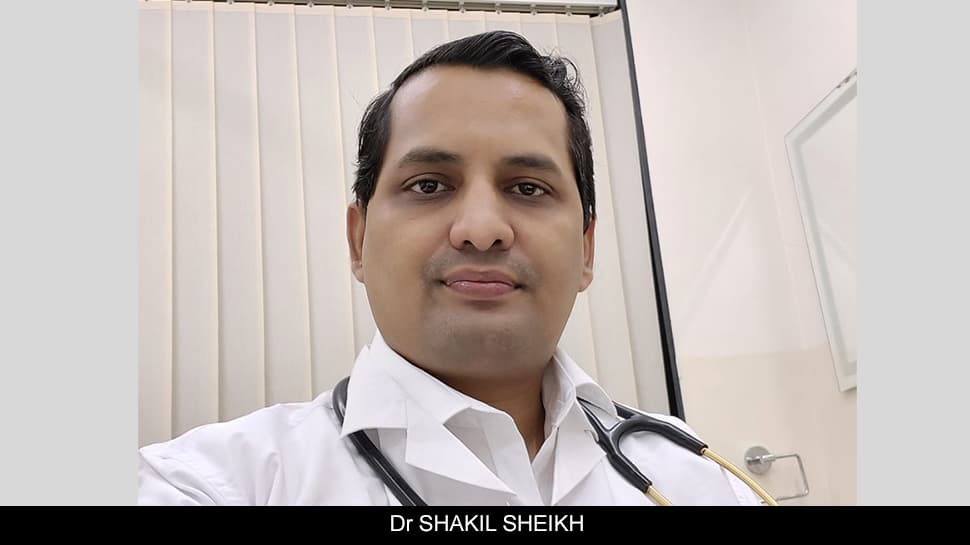Know about Heart blocks
Heart block is a condition where the heart beats more slowly or with an abnormal rhythm. It's caused by a problem with the electrical pulses that control how your heart beats.
Symptoms of heart block
1st-degree heart block
1st-degree heart block does not usually cause any symptoms. Most people only find out they have it when they're tested for an unrelated medical condition.
2nd-degree heart block
Most people with the less serious type of 2nd-degree heart block, do not have any symptoms, but may feel:
- lightheaded or dizzy
- faint
People with the more serious type of 2nd-degree heart block, are more likely to have symptoms as well as:
- chest pain
- shortness of breath
- feeling very dizzy suddenly when standing up from a lying or sitting position – this is caused by having low blood pressure (hypotension)
3rd-degree heart block
Symptoms of 3rd-degree or complete heart block include:
- feeling faint
- being short of breath
- extreme tiredness, sometimes with confusion
- chest pain
These symptoms can lead to a medical emergency.
Causes of heart block
Some people are born with heart block – known as congenital heart block.
But more commonly, heart block develops later in life. This is known as acquired heart block and can be caused by:
- other heart conditions, such as a heart attack
- some prescription medicines
- other conditions, such as Lyme disease
- having heart surgery
Diagnosing heart block
An electrocardiogram (ECG) is the main test used to diagnose heart block. It measures the electrical activity of your heart.
An ECG can be carried out at rest or while you're exercising. Your doctor may ask you to wear a portable ECG monitor to get a reading over time. It provides a useful overall assessment of how well your heart is working.
The results of an ECG can also sometimes indicate the type of heart block you have.
Treatment of heart block
Heart block normally only needs to be treated if it's causing symptoms.
Depending on the cause of the heart block and your symptoms, you may need to have a small device called a pacemaker fitted into your chest. A pacemaker is a small battery-operated device inserted under the skin of your chest. It sends frequent electrical pulses to keep your heart beating regularly.
Treatment for heart block usually works well. Most people live a normal active life with a pacemaker.
(Disclaimer: Brand Desk Content)
















